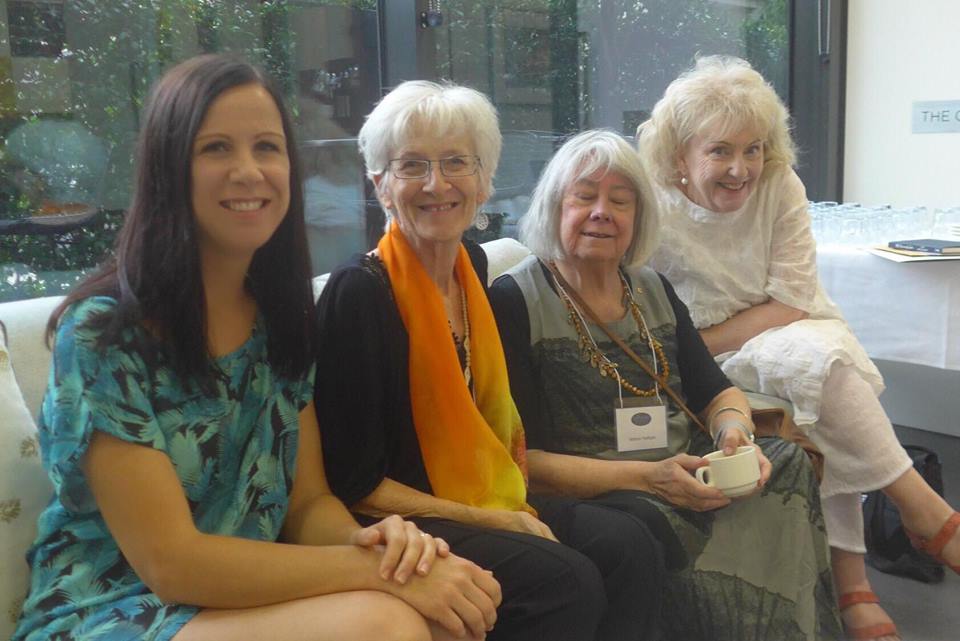Literary adventures
 This month I thought I’d bring you a newsy post about my latest literary adventures. First up, I had the absolute pleasure of chatting with two brilliant writers, Kate Mildenhall and Katherine Collette, for their new podcast, The First Time, which is launching in August. Katherine has recently signed her novel, The Helpline, and the podcast is part reality show, following Katherine’s journey through the publication process, and part masterclass as the pair interview writers about their experiences of publishing a book for the first time. It’s such a brilliant idea and I had way too much fun recording the podcast. The first ep comes out in August but in the meantime you can follow the podcast on Twitter and Insta.
This month I thought I’d bring you a newsy post about my latest literary adventures. First up, I had the absolute pleasure of chatting with two brilliant writers, Kate Mildenhall and Katherine Collette, for their new podcast, The First Time, which is launching in August. Katherine has recently signed her novel, The Helpline, and the podcast is part reality show, following Katherine’s journey through the publication process, and part masterclass as the pair interview writers about their experiences of publishing a book for the first time. It’s such a brilliant idea and I had way too much fun recording the podcast. The first ep comes out in August but in the meantime you can follow the podcast on Twitter and Insta.
Read More »Literary adventures
Later that night we met up again for an event hosted by the ACT Writers Centre in the Canberra Contemporary Art Space (CCAS). It was rainy and stupidly cold (please hurry up, spring) but CCAS was deliciously warm and there was a lovely audience waiting for us. With Jack Heath and Karen Viggers, we chatted about writing and publishing. Jack revealed that with his first advance (as a teenager!) he bought a pair of outrageous boots that he wore to school visits. Sadly, my first advance was swallowed by dull things, like bills. I suppose that’s what happens when you’re all grown up and sensible, but I’ve resolved to buy something indulgently wonderful with my next advance.
Following us were Rosanna Stevens who read a brilliant new essay that had us laughing and wincing, and Jacqueline de-Rose Ahern who spoke about the overwhelming experience of having her first picture book published. There was also a panel of visual artists talking about their processes which I found fascinating. I particularly loved Jodie Cunningham’s ‘Talking to the Tax Man About Poetry’ series which converts eight artists’ lives from stats into sculptures, examining the balance of time for creating art versus doing work that pays the bills. I’m sure all the writers in the room could relate to the struggle to reconcile the two.






